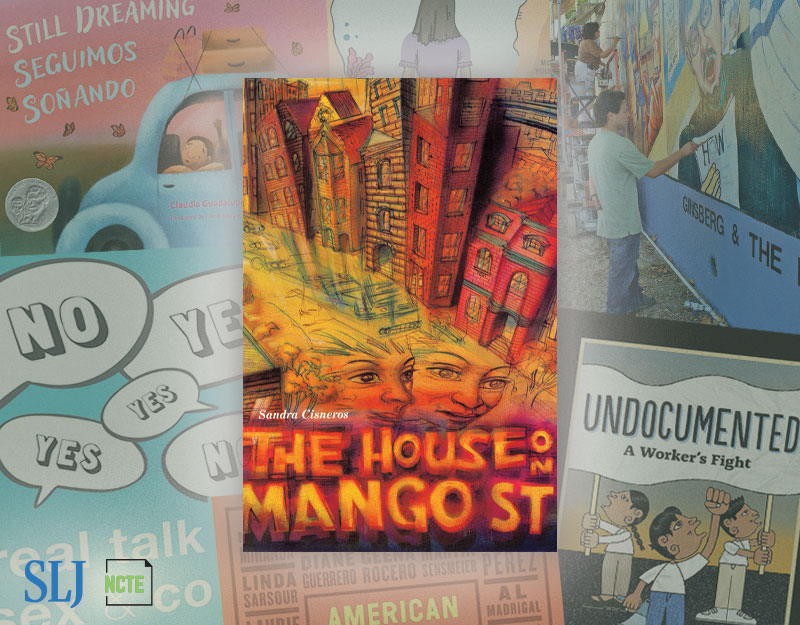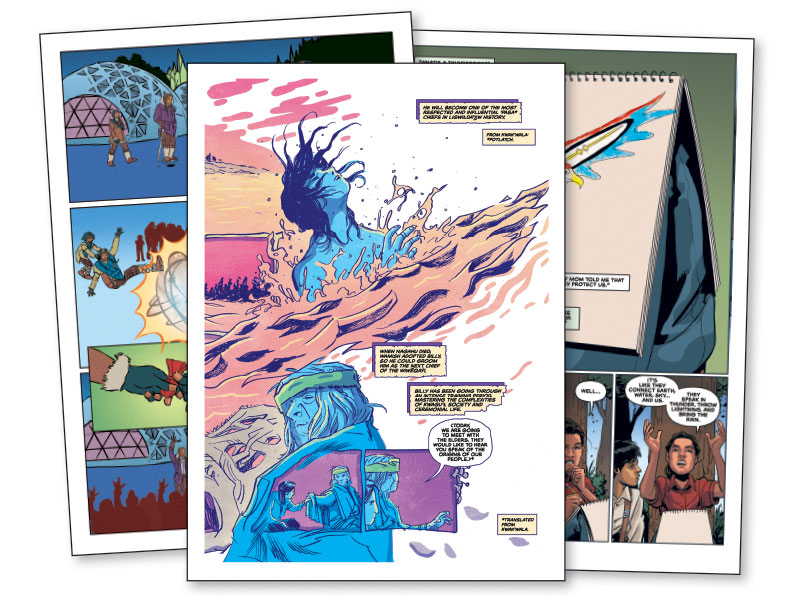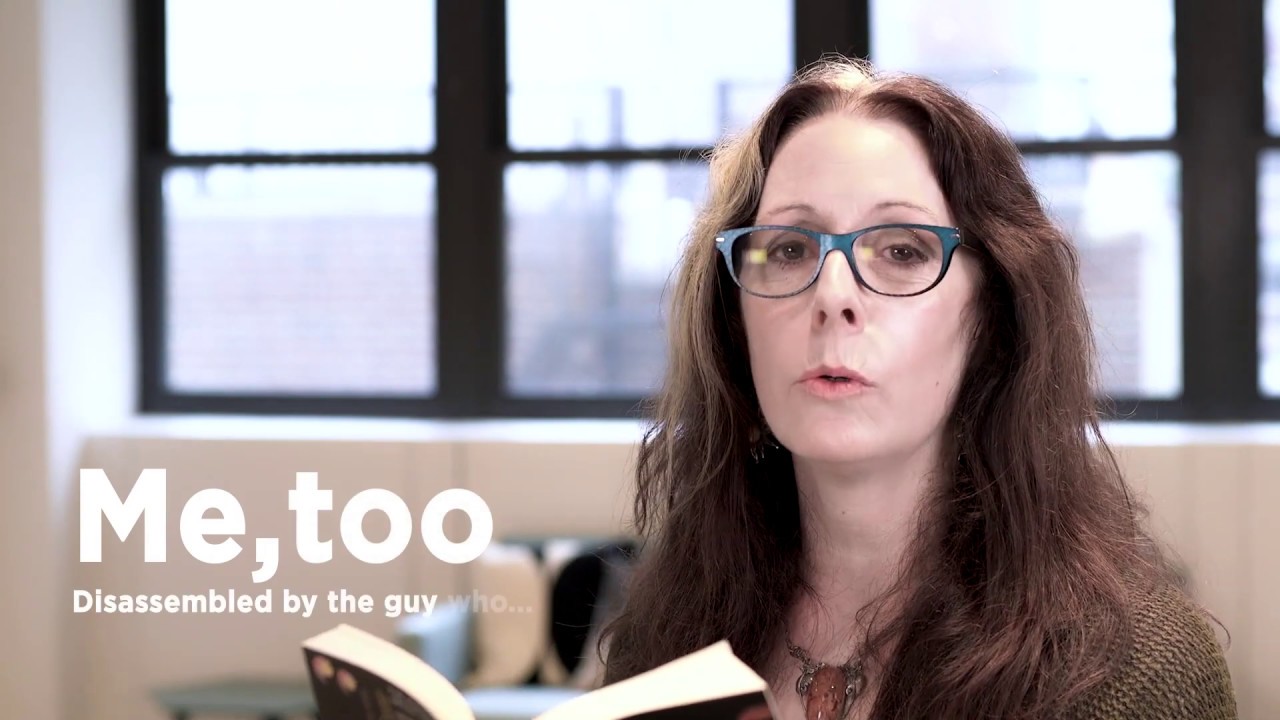We Need to Change What We’re Doing About Covid for Our Children

I learned a lot of amazing things in library school that have made me a better youth librarian, but none of those classes covered a deadly global pandemic.
Assignment: Tell Me About Your Summer
My Kid: My summer began when my beloved grandfather barely survived Covid only to be unexpectedly killed in a brutal car accident. I went to my very first funeral. My mom cries every day. We had to get lawyers. We learned that another beloved family member who barely survived Covid has Long Covid and will possibly be permanently disabled. Then, after spending most of the summer crying and stressing, we took my only sister to college. She had to test negative for Covid before we could take her. The summer was sad and anxious and boring.
Scout, Age 12
Today I will drop my youngest child off for her first day of 7th grade. It will be the 3rd year of her school years affected by Covid-19 and a deadly global pandemic. You wouldn’t know it, because everyone seems hell bent on trying to pretend life is going back to normal, at what is perhaps the worst time of all for our children.
Across the state, and the nation and the globe, positive infection rates are rising once again at alarming rates, this time from the Delta variant of Covid-19. It’s an alarming development as the Delta variant appears to be hitting the world’s youth population faster and harder than previous variants. Here in Northern Texas, the news is full of reports that there are no pediatric ICU beds available. My TL is full of articles reporting that hospital systems are on the verge of failing in several states.
ADVERTISEMENT
ADVERTISEMENT
Though death rates are lower for children, any avoidable death should be unacceptable to us all, especially when we can take fairly easy measures to try and lower those death rates, like getting a vaccine, wearing a mask, and limiting large group events. It’s also important to consider that even though children may not die from Covid, many of them are reporting symptoms long after getting infected and struggling with impacts known as Long Covid. Long Covid Kids is an organization working to track long term Covid effects in kids and tells personal stories about kids struggling with Long Covid. Keep in mind that since this is a new disease and it keeps mutating, we have no real idea what the long term impacts on our children will be.
And getting Covid is not the only thing that our kids have to worry about. Recent reports indicate that more than 43,000 kids in the United States alone have lost a parent to Covid. That’s 43,000 more kids who will now have to grow up in a world without a parent.

Meanwhile, adults everywhere are rushing to try and “get back to normal”, no matter what the cost. But what is the cost to our children? I think that must be a driving question for us as we consider opening our schools and libraries, making decisions about fall programming, and more. If we are dedicated to serving youth, then we must consider the impacts on our youth. It can’t just be about numbers and budgets, we have to consider the impact on our youth. And those considerations must include real time facts about what is happening regarding Covid. We know the benefits of libraries and programming in most regular situations, but we are not now, have not been for a while, and will not be any time soon in a regular situation. There is a deadly virus sweeping across the globe and because we continue to take the very worst approach it keeps mutating. The Delta variant is no joke for these kids and we must approach all decision making with that in mind.
If you are not yet familiar with it, I highly recommend taking some time to read about trauma informed librarianship. We are raising a generation of kids who are going to be traumatized by living through a deadly global pandemic. We are not all experiencing the same pandemic, it has effected some more than others, but we are all living through a pandemic. Kids have become collateral damage, as they always are, in our politics and that will have tremendous impact on who they become, if they survive whatever is happening now and whatever comes next.
So if you are a person in decision making capacity for policy decisions that affect our youth, I urge you to consider the science, to consider the long term outcomes as well as the short term ones, and, most importantly, to consider the kids. What we say and do matters in every way. It is, quite literally, a matter of life and death. We should start acting like it.
And also, I beg of you, whatever you do at the beginning of this school year, please don’t ask kids to tell you about their summer as an ice breaker. For a lot of kids, it involved fear, illness and death. And if you are not prepared to deal with that emotional revelation, you should not ask the question.
Filed under: Things I Never Learned in Library School
About Karen Jensen, MLS
Karen Jensen has been a Teen Services Librarian for almost 30 years. She created TLT in 2011 and is the co-editor of The Whole Library Handbook: Teen Services with Heather Booth (ALA Editions, 2014).
ADVERTISEMENT
ADVERTISEMENT
SLJ Blog Network
One Star Review, Guess Who? (#202)
This Q&A is Going Exactly As Planned: A Talk with Tao Nyeu About Her Latest Book
Exclusive: Giant Magical Otters Invade New Hex Vet Graphic Novel | News
Parsing Religion in Public Schools
ADVERTISEMENT







